Why is quitting so hard?
We all know the physical health effects caused by smoking, but do you know about how smoking affects the brain? People most often turn to commercial tobacco products, like cigarettes, to cope—or feel like they’re coping—with boredom, stress, grief or something similar. The truth is, the nicotine in cigarettes rewires the brain in numerous negative ways. So, smoking actually increases mental, behavioral, and physical health issues. While many smokers believe their habit relieves feelings of stress or depression, research shows that quitting is significantly better for mental health, with effects equal to (or greater than) the effects of antidepressant medications.
Nicotine activates receptors in the brain that cause you to crave nicotine when you aren’t using it, making you increasingly more agitated until you satisfy the craving—and the cycle continues. Along with cravings, you may also feel overwhelmed, angry, irritable, restless, nervous and/or anxious. Smoking is strongly linked with poor mental health, even reducing the effectiveness of many psychotropic medications. Yet, recent studies show that smoking-related deficits in dopamine return to normal just three months after quitting. Ultimately, quitting has powerful, lasting psychological effects leading to a more positive mood and improved quality of life.
(Click and drag the tiles below to your desktop for your own social media use.)
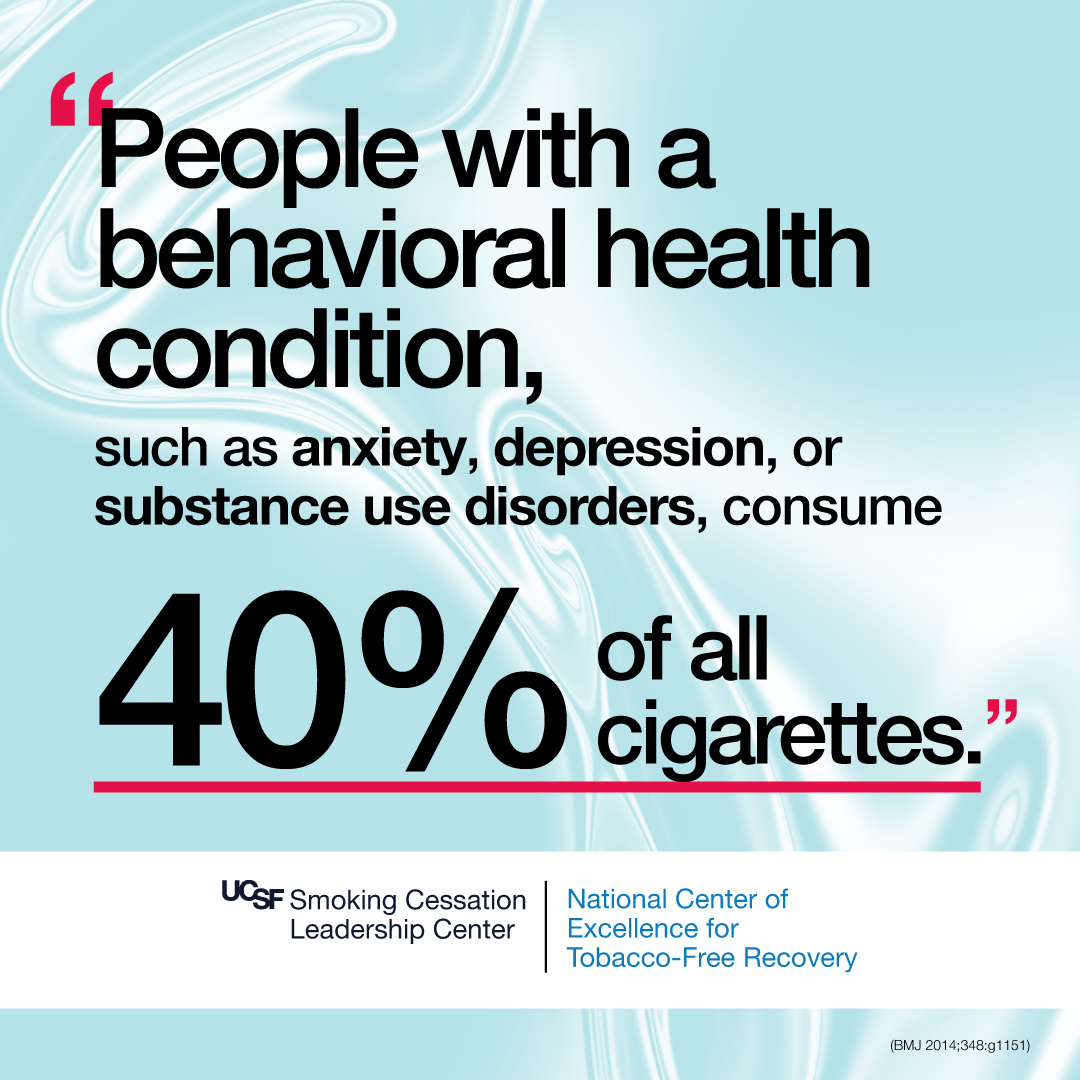
|
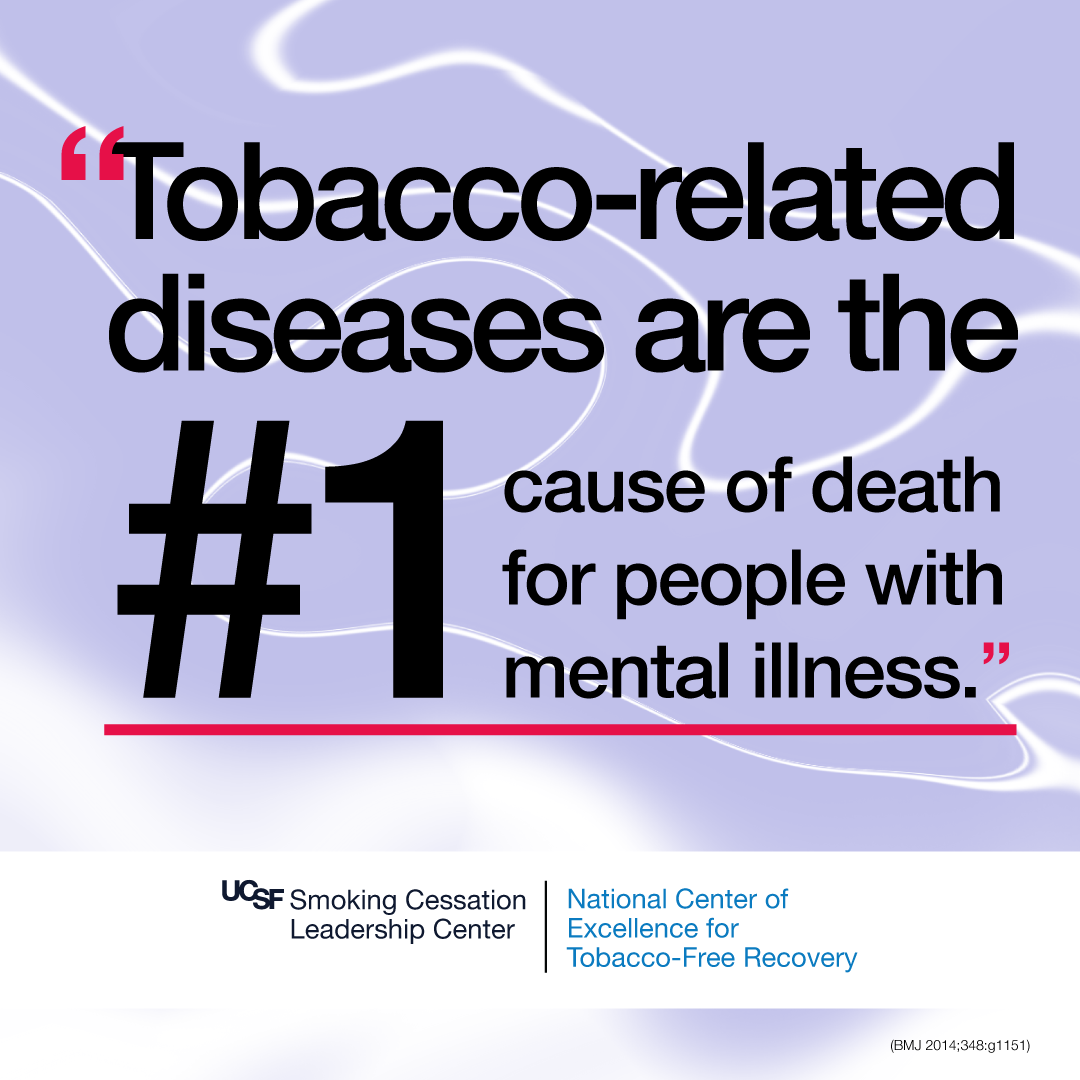
|
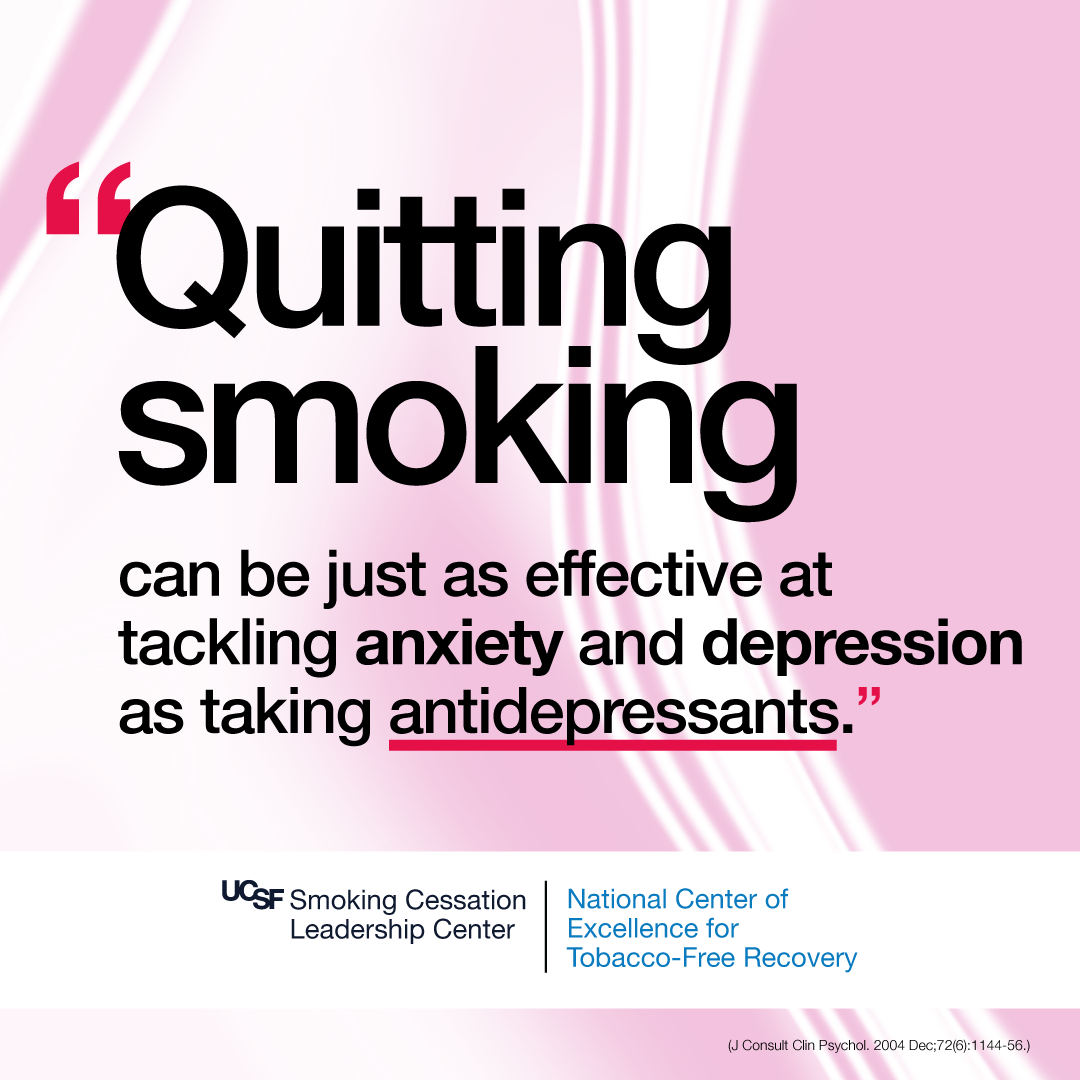
|
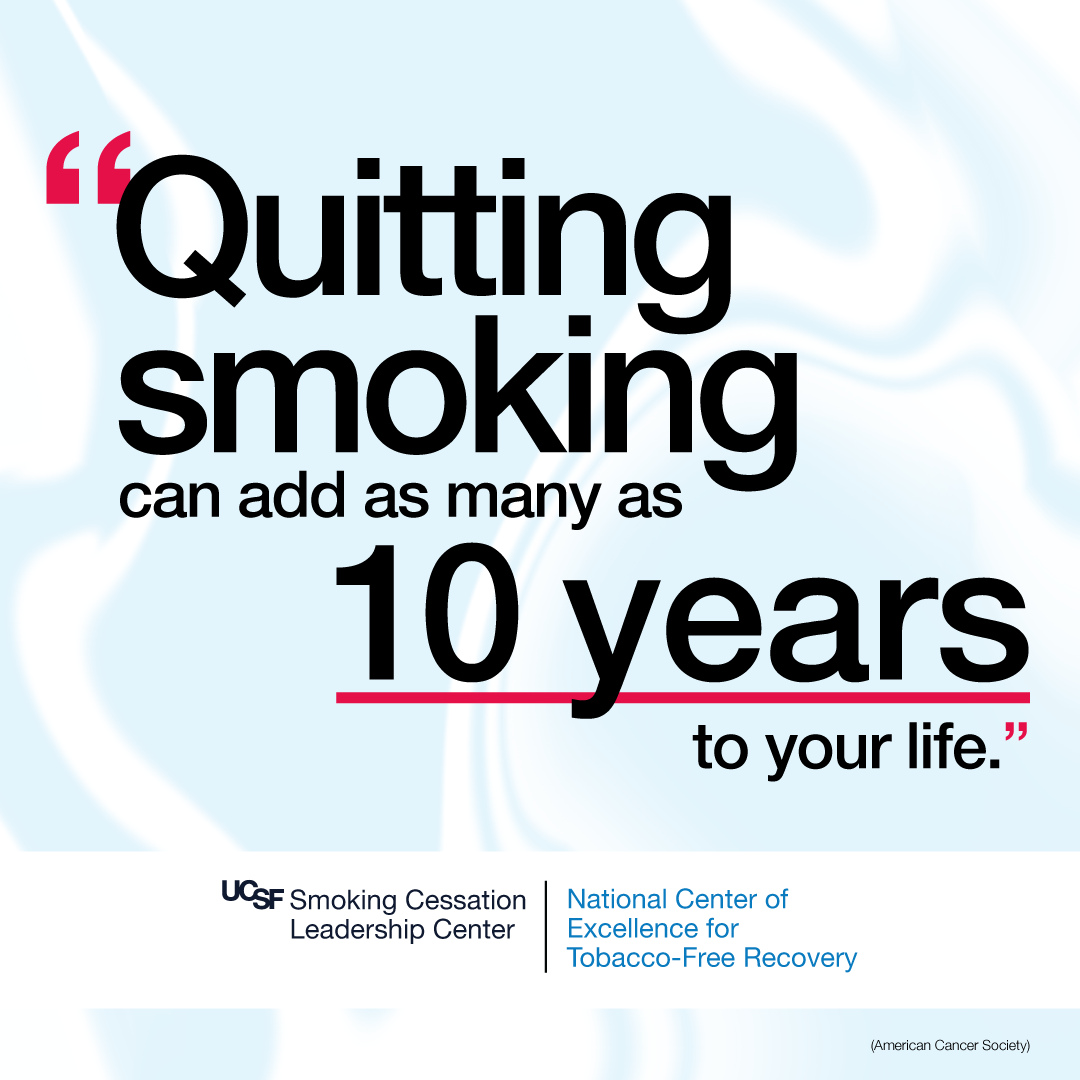
|
No matter how often you smoke, quitting isn’t easy. In the beginning, you’ll likely feel intense cravings, loss, depression. As you withdraw from nicotine over time, these intense feelings will gradually fade until they eventually disappear completely. Because smoking is most often ingrained as a daily ritual used to cope with difficult everyday emotions, quitting means finding new, healthier ways of coping with those feelings. Imagine all the well-being, time, money, and health you’ve lost to smoking, and all the future pain you’ll be saving yourself from by quitting. Begin to envision a better future for yourself, one where smoking can be replaced with new habits that enrich your life. Imagine the life you deserve.
You are not alone. There are resources out there, no matter where—or who—you are. Take advantage of available help and make connections with others. Your chances of quitting successfully are greater with social support. With the right support and quit plan, anyone can quit smoking – no matter how many times you’ve tried before.
(Click and drag the tiles below to your desktop for your own social media use.)
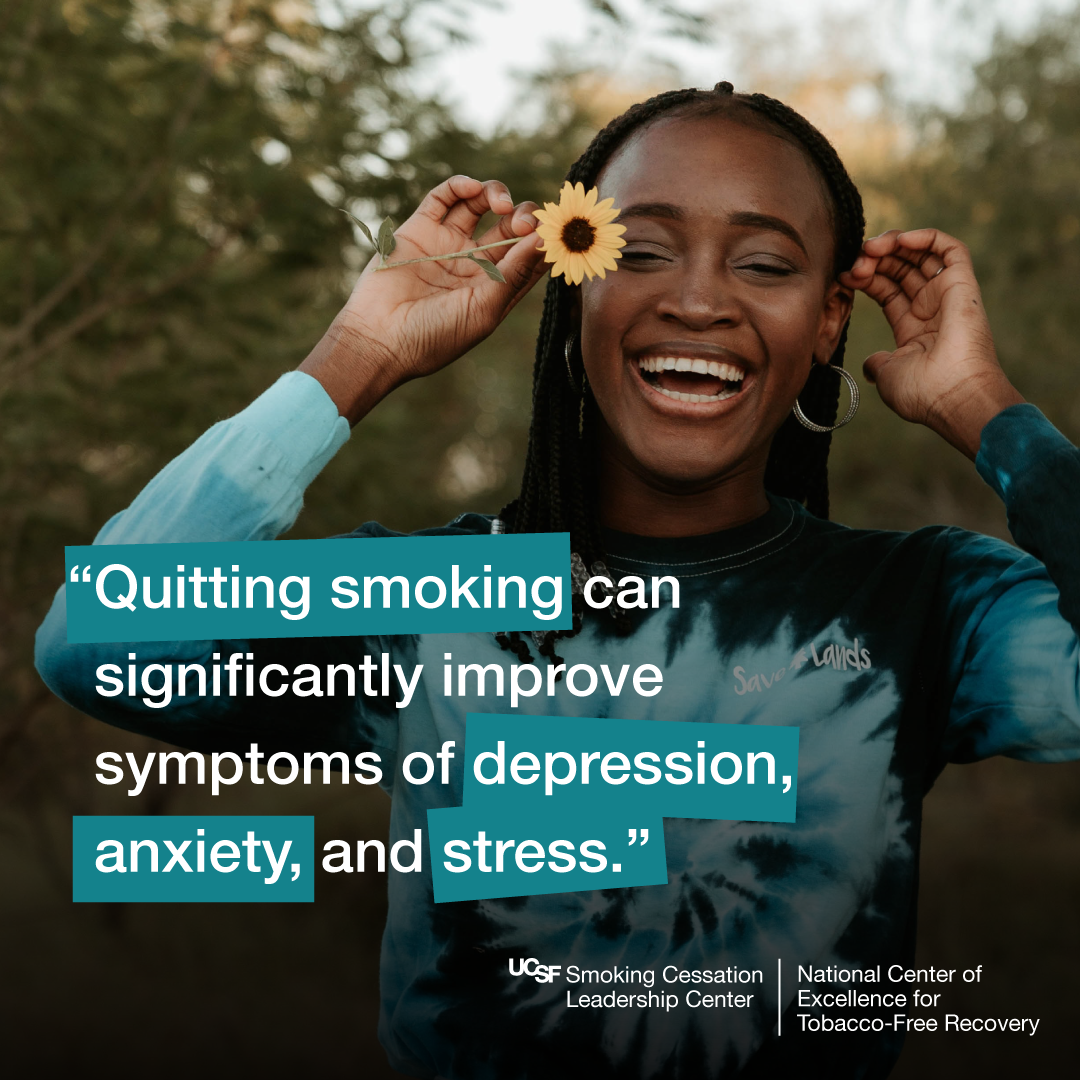
|
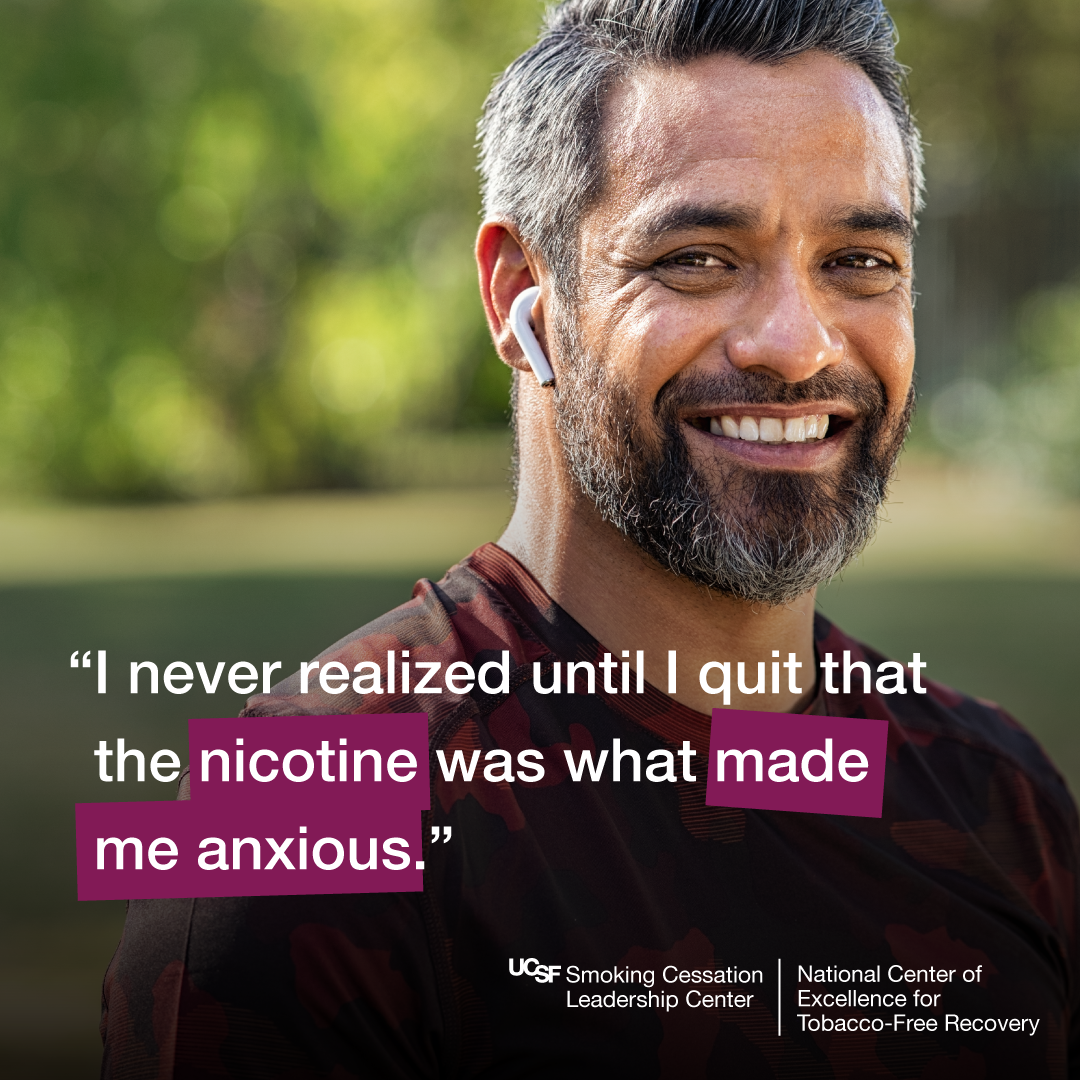
|
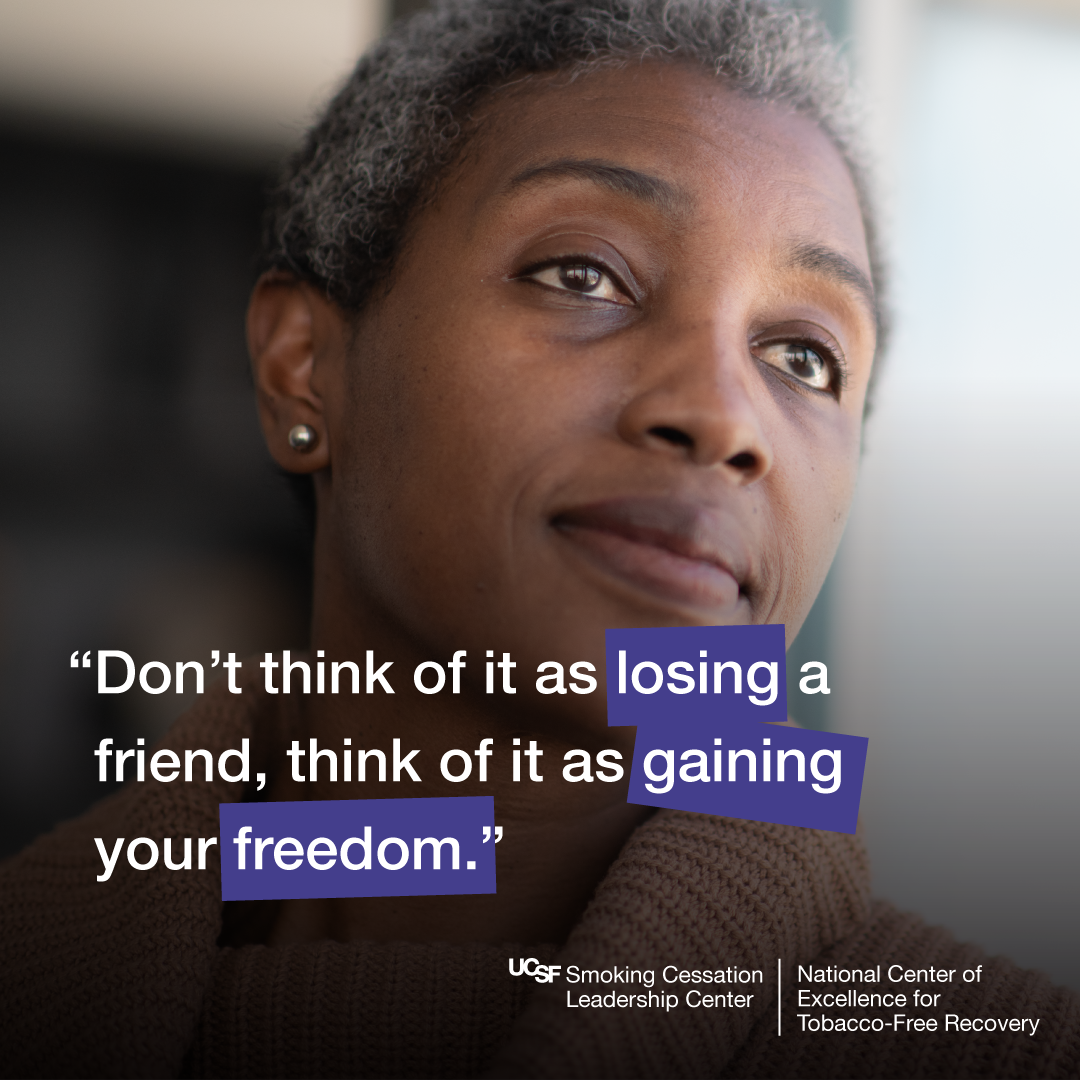
|
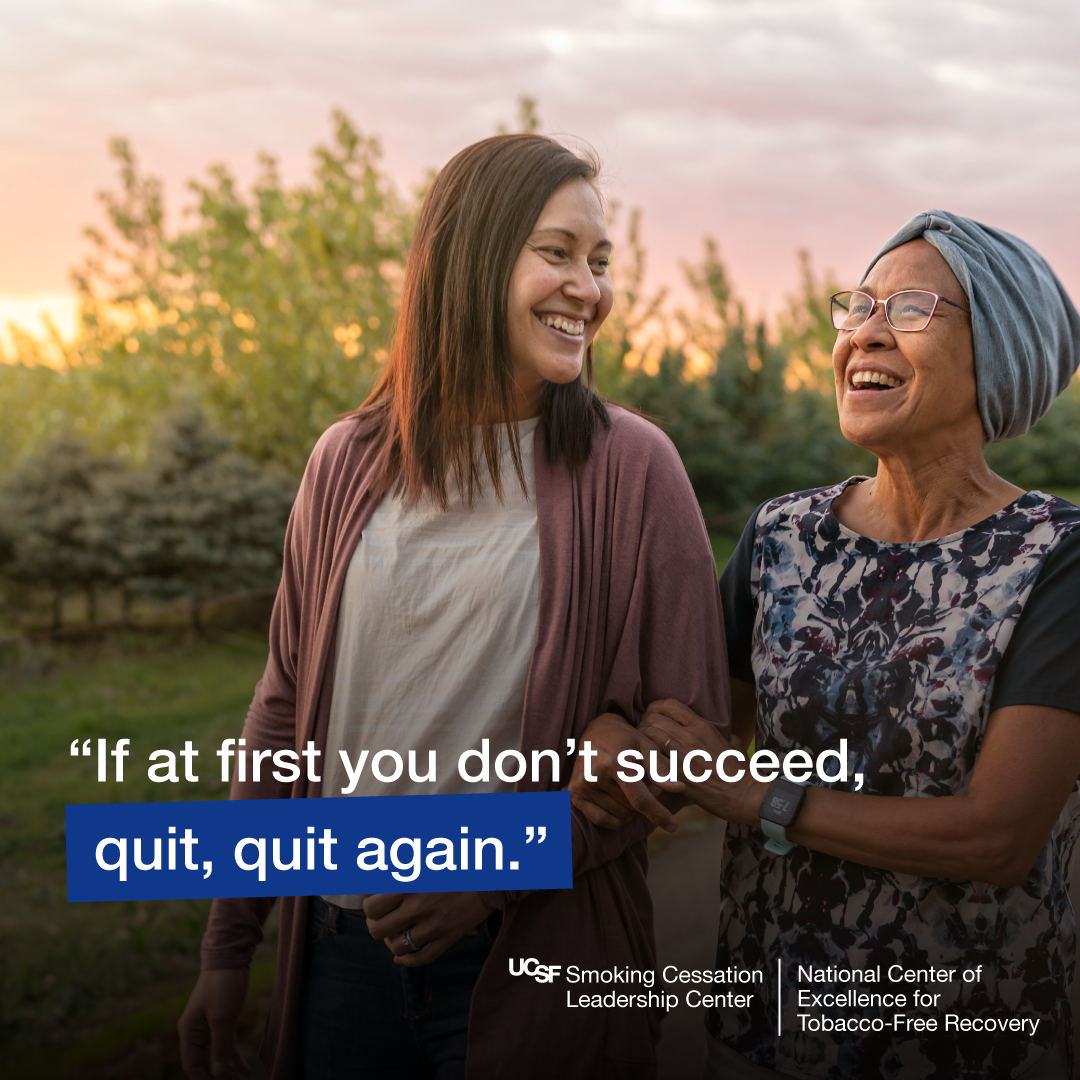
|
Have You Built a Quit Plan?
One of the keys to a successful quit is preparation. A great way to prepare to quit smoking is to create a quit plan. Quit plans:
- Combine quit smoking strategies to keep you focused, confident, and motivated to quit
- Help you identify challenges you will face as you quit and ways to overcome them
- Can improve your chances of quitting smoking for good
The following steps will help you to create your own customized quit plan. As you move through the steps, keep a record of your plan and have it readily available during your quit.
(Click and share the YouTube links below in your own social media use.
Katie explains how quitting smoking has improved her mental health (with captions).

Katie explains how quitting smoking has improved her mental health (without captions).
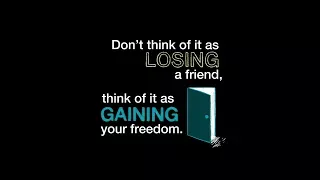
Hassi explains why he quit smoking and how much better he feels since he did. (with captions)

Hassi explains the benefits of quitting smoking.
Hassi explains why he quit smoking and how much better he feels since he did. (without captions)

Have Places You Can Turn to For Immediate Help
Quitting smoking is hardest during the first few weeks. You will deal with uncomfortable feelings, temptations to smoke, withdrawal symptoms, and cigarette cravings. Whether it is a quitline, support group, or good friend, make sure you have quit smoking support options available at all times.
Next Steps: Plan on using multiple quit smoking support options. Keep them handy in case you need them during your quit. Here a few options you may want to consider:
- SmokefreeTXT: A mobile text messaging service designed for adults and young adults across the United States who are trying to quit smoking.
- Quitlines: If you want to talk to a quit smoking counselor right away, call 1–800–QUIT–NOW (1–800–784–8669) or text QUIT to 47848.
- Quit Smoking Apps: Mobile phone applications can help you prepare to quit, provide support, and track your progress.
- Support Groups: Visit your county or state government's website to see if they offer quit smoking programs in your area or call 1-877-879-6422.
- Online Recovery: Join your local Nicotine Anonymous virtual or in-person group, or join the online recovery community at BecomeAnEx.org.
- Friends and Family: Getting support from the important people in your life can make a big difference during your quit.
- Medications: If you are using a quit smoking medication, such as the patch, gum, or lozenges, make sure you have them on hand.
- Low Cost Counseling Services: Call 211 for information and referrals.
Pick a Quit Date
When it comes to choosing a quit date, sooner is better than later. Many smokers choose a date within two weeks to quit smoking. This will give you enough time to prepare. Really think about your quit date. Avoid choosing a day where you know you will be busy, stressed, or tempted to smoke (e.g., a night out with friends or days where you may smoke at work).
Next Step: Circle your quit day on your calendar. Write it out somewhere where you will see it every day. This will remind you of your decision to become smokefree and give you time to prepare to quit.
Let Loved Ones Know You Are Quitting
Quitting smoking is easier with support from important people in your life. Let them know ahead of your quit date that you are planning to quit. Explain how they can help you quit. We all need different things, so be sure you let friends and family know exactly how they can help.
Next Step: Support is one of the keys to successfully quitting. However, it can be hard to ask for help, even from the people closest to you. Review tips on getting support to make sure you get the help you need.
Remove Reminders of Smoking
Getting rid of smoking reminders can keep you on track during your quit. Smoking reminders can include your cigarettes, matches, ashtrays, and lighters. It may also help to make things clean and fresh at work‚ in your car‚ and at home. Even the smell of cigarettes can cause a cigarette craving.
Next Step: Throw away all your cigarettes and matches. Give or throw away your lighters and ashtrays. Don't save one pack of cigarettes "just in case."
Identify Your Reasons to Quit Smoking
Everyone has their own reasons for quitting smoking. Maybe they want to be healthier, save some money, or keep their family safe. As you prepare to quit, think about your own reasons for quitting. Remind yourself of them every day. They can inspire you to stop smoking for good.
Next Step: Make a list of all the reasons you want to quit smoking. Keep it in a place where you can see it every day. Any time you feel the urge to smoke, review your list. It will keep you motivated to stay smokefree.
Identify Your Smoking Triggers
When you smoke, it becomes tied to many parts of your life. Certain activities, feelings, and people are linked to your smoking. When you come across these things, they may "trigger" or turn on your urge to smoke. Try to anticipate these smoking triggers and develop ways to deal with them.
Next Step: Make a list of everything that makes you feel like smoking. Now, write down one way you can deal with or avoid each item on your list. Keep this list nearby during your quit.
Develop Coping Strategies
Nicotine is the chemical in cigarettes that makes you addicted to smoking. When you stop smoking, your body has to adjust to no longer having nicotine in its system. This is called withdrawal. Withdrawal can be unpleasant, but you can get through it. Developing strategies to cope with withdrawal ahead of your quit can help ensure you stay smokefree for good!
Next Steps: Medications and behavior changes can help you manage the symptoms of withdrawal. Many quit smoking medications are available over the counter. Make sure you have them on hand prior to your quit. While medications will help, they can't do all the work for you. Develop other quit smoking strategies to use with medications. Remember that withdrawal symptoms‚ including cravings‚ will fade with every day that you stay smokefree.
Set Up Rewards for Quit Milestones
Quitting smoking happens one minute, one hour, one day at a time. Reward yourself throughout your quit. Celebrate individual milestones, including being 24 hours smokefree, one week smokefree, and one month smokefree. Quitting smoking is hard, be proud of your accomplishments.
Next Steps: You should be proud every time you hit a quit smoking milestone. Treat yourself with a nice dinner, day at the movies, or any other smokefree activity. Plan out your milestones ahead of time and set up a smokefree reward for each one.
